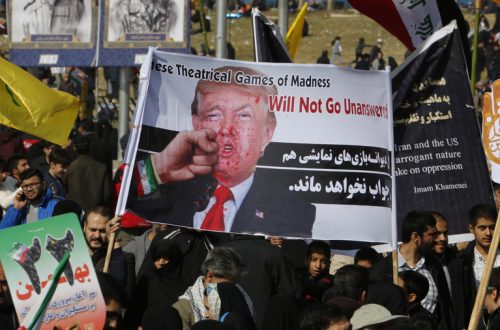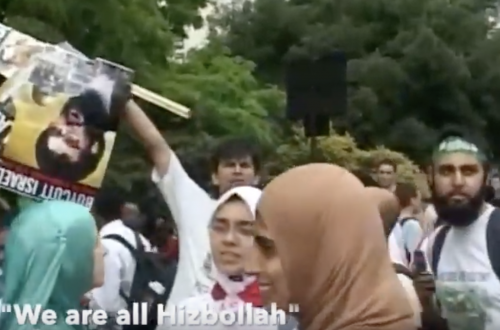This is a repost of an article by Hossein Derakhshan, from 2007
Someone should remind the Reporters Without Borders to remove Arash Sigarchi’s name from the list of Iranian cyberdissidents in jail. (Cached version of the same page.)
It’s been over three months since he was cleared from widely publicised charges that initially brought him 14 years of jail and after an appeal was reduced to three years, all by a small court in a distant city from Tehran.
His main charge was working with the American government-fundedRadio Farda (The Persian service for Radio Free Europe/Radio Liberty) among other minor charges of encouraging street protests and insulting top Iranian officials in his reports for Radio Farda (with a pseudonym) and his writings, mainly in a small, local publication in the city of Rasht. (Radio Farda was outlawed in Iran by the national security council when it started in late 90s.)
But since he also had a blog with less than a few dozen page views per day prior to his arrest, the entire human rights machine (western media, watchdogs, and NGOs) started to spread numerous reports, showcasing him as the champion as an innocent victim of a brutal regime with a formulated policy for imprisoning bloggers who dare to write a word of criticism against the government.
His case has reached such symbolic significance that it is alwaysmentioned by the American warmongers, such as the American Enterprise Institute, when they try to make their long-dreamed-of case for the necessity of regime change in Iran.
As a matter of fact, Iranian government has not had any such policy toward bloggers and the mere fact that blogging has become so mainstream in Iran (with over 700,000 blogs in the Persian language) and the existence of numerous blogging service companies that legally and publicly operate inside Iran, is evidence of this.
Yes, the government has indeed filtered a lot of political websites, but so has UAE, Saudi Arabia, Turkey, Pakistan, Egypt and many other US allies. But Iran doesn’t have a policy of imprisoning young men and women for a few words in their small blogs, as the western media would have us believe.
Obviously the Islamic Republic cannot be as tolerant against criticism as, say, Norway. After all, I myself have experienced the intolerant government – all websites I run, including my blogs, are filtered and I was also detained and forced to sign an apology over my blog posts before I was allowed to leave Iran in June 2005.
But unfortunately states become very intolerant when their existence is threatened (or when they think it is). And if the US and the UK, with their claims to defend basic human rights, keep thousands of suspected partners of their enemies without charge or legal rights for months and even years, creating special prisons such as Guantánamo Bay in which to hold them, what can you expect from a government like the Islamic Republic, whose very existence is continuously being threatened by big powers from day one of its revolution?
A new strategy seems to be that many of these human rights watchdogs, despite their integrity and genuine intentions, are depending heavily on one or two Iranian researchers who are usually among the victims of the very violations they are supposed to watch without any bias.
The RWB case is especially interesting in this regard as an organisation in which only one person can read the Persian language and he has had his job for probably more than 10 years, now. He has fled Iran about 20 years ago after months or years of excessive hardships and pressure over his activities as a member of some outlawed radical leftist group.
How can an important organisation depend on the judgments of only one individual with such a conflict of personal and professional interest? How can a person possibly be unbiased toward a government he or she hates?
Perhaps that is why such organisations rush into demonising a government that they are already against and don’t care much to cover the further developments, especially if they are positive.
Hossein Derakhshan is a blogger who is now serving a 19.5 year sentence in Iran


